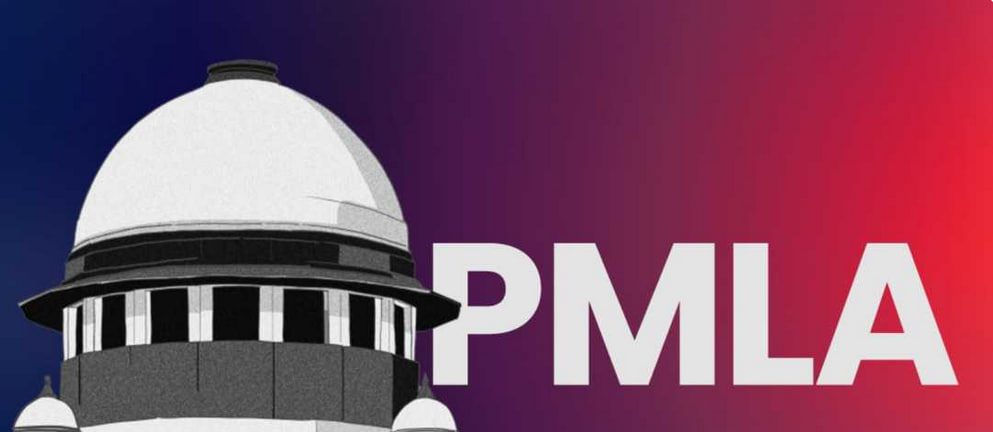Belated , but essential : On bringing all trade in virtual digital assets under the PMLA
India must have a proper regulatory response to the surge in virtual-assets
The Finance Ministry’s March 7 notification placing all transactions involving virtual digital assets under the purview of the Prevention of Money Laundering Act ( PMLA ) is a much-needed , even if belated, step. The government has been struggling in recent years to formulate an appropriate regulatory response to deal-with the pandemic-era upsurge in advertisements soliciting investment in virtual assets as well as reports of actual investment. A July 2021 online report by BrokerChooser.com, for instance , had estimated India as being the country with the highest number of ‘crypto owners’, at 10.07 crore, which was more than threefold the number of owners of crypto-assets in the second-ranked U.S. Even if this is discounted as a speculative guesstimate , measures and disclosures by the government indicate that the volume of trade in unregulated virtual assets has grown sizeably in recent years. Last month, Minister of State for Finance Pankaj Chaudhary informed the Lok Sabha that the Enforcement Directorate was ‘investigating several cases related to cryptocurrency frauds wherein a few crypto exchanges had been found involved in money laundering’. And that as much as ₹936 crore had been attached or frozen as on January 31, on being deemed to be proceeds of crime. The decision to mandatorily bring all trade in virtual digital assets under the PMLA now lays-the-onus of ascertaining the provenance of all activity, including safekeeping , in such assets upon individuals and businesses participating in or facilitating these transactions.
The intergovernmental Financial Action Task Force ( FATF ) — the global money laundering and terrorist financing watchdog — has been continuously flagging the potential that virtual digital assets have for criminal misuse considering the speed and anonymity with which they can be traded worldwide . As it has pointed out, the fact that a few countries have moved to regulate virtual assets, and some others have banned them outright , while a majority has not taken any action has created a global system with loopholes for criminals and terrorists to abuse . India, which holds the presidency of the G-20, has been repeatedly stressing the need for a globally coordinated regulatory response to deal with crypto assets. While the Centre’s decision to add the PMLA monitoring requirements, following the introduction of a tax regime for virtual digital assets in last year’s Budget, has been interpreted by the crypto assets sector as moves towards regulating rather than proscribing it, the RBI’s consistent advocacy for a ban needs to be seriously weighed before any decision is taken on the fate of the long-delayed draft legislation on virtual assets.
